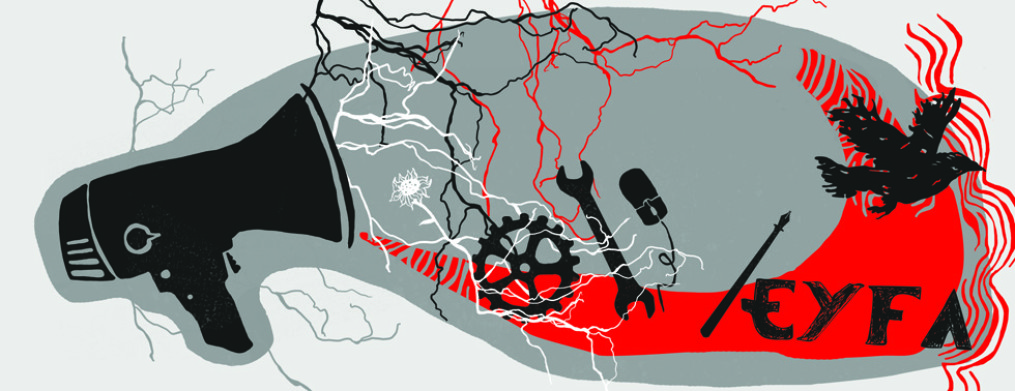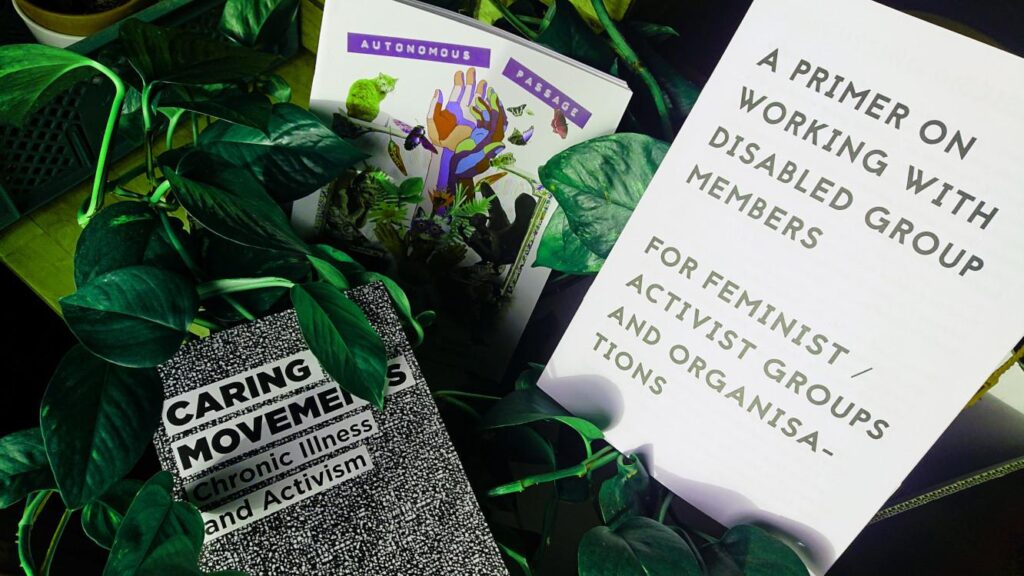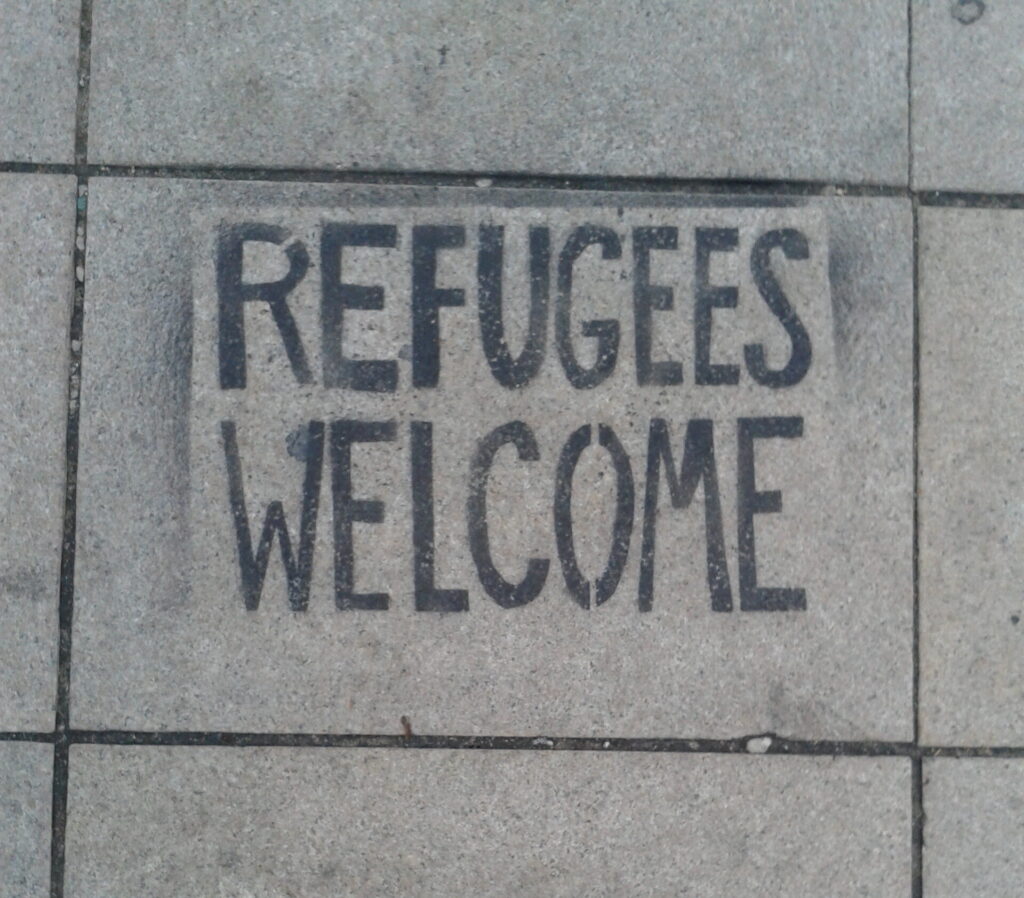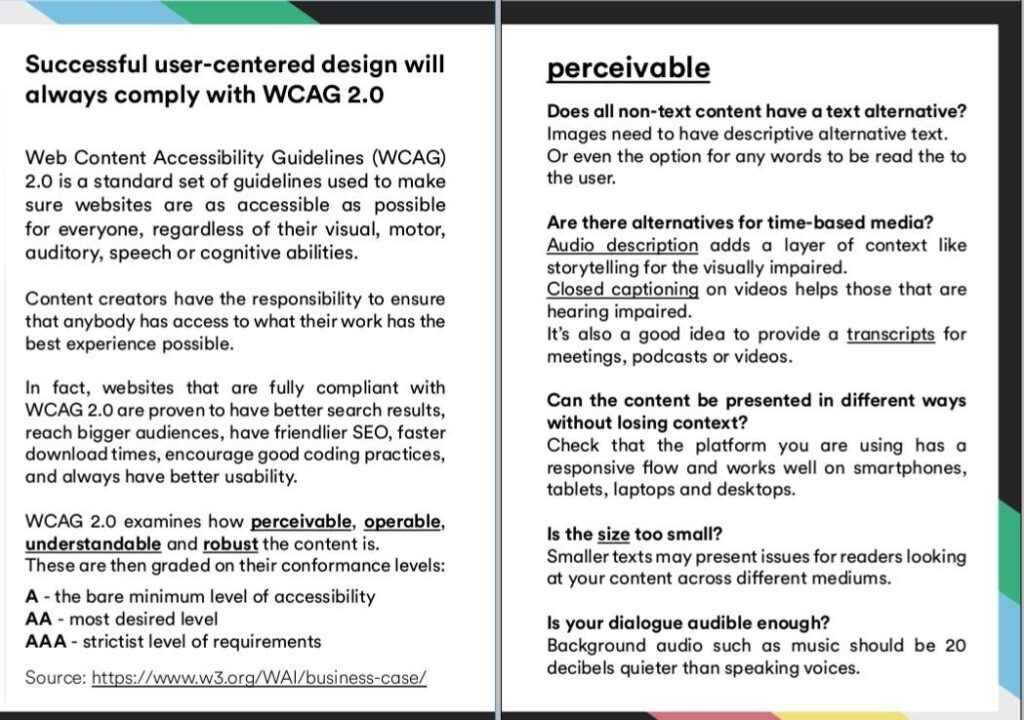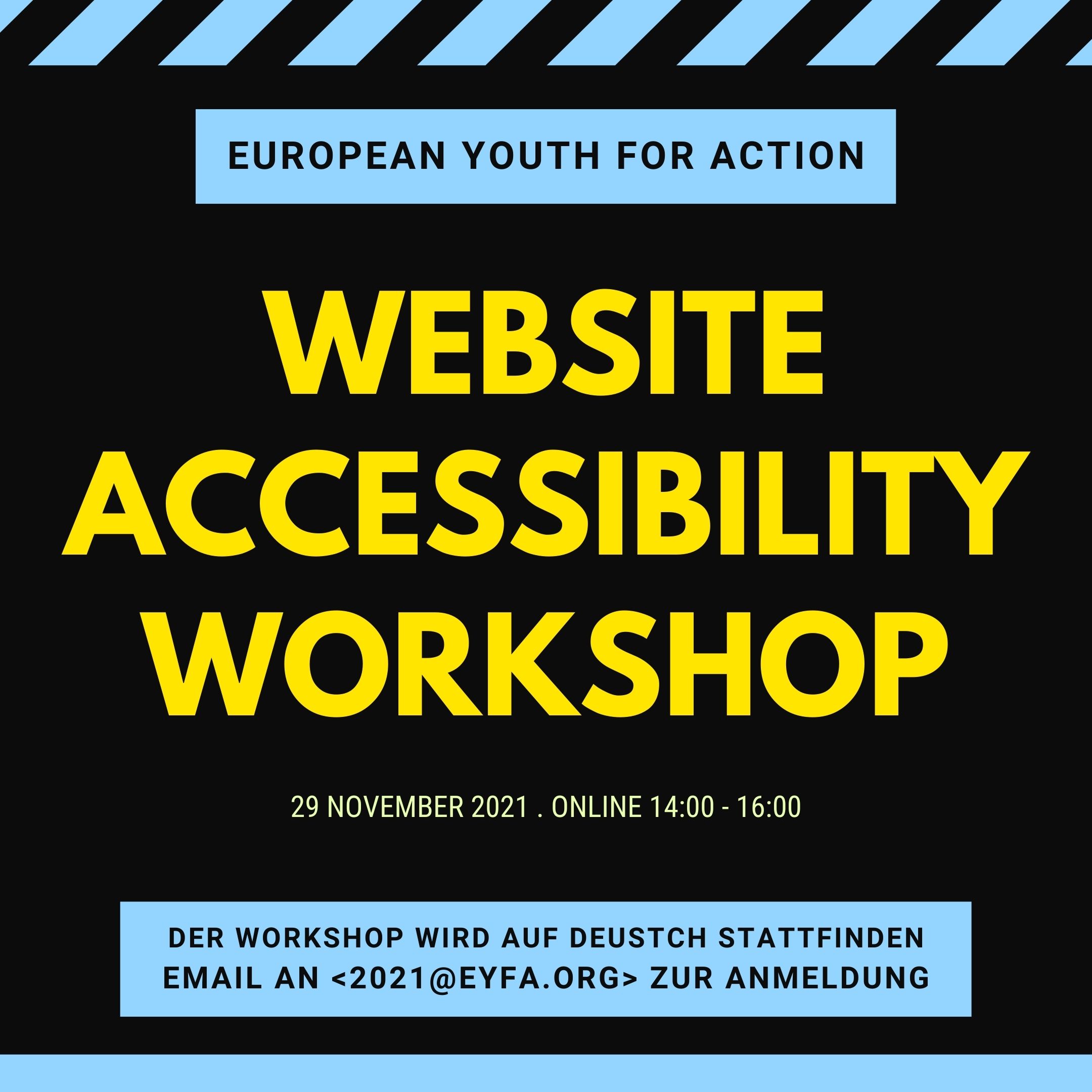
Democracy Education for Ecology and Participation – Training
The DEEP-T project aims to explore in a collective way the roots of the ecological and climate crisis, and how to deal with them for a just and sustainable future. You will have the opportunity to discover relevant topics such as the EU Green Deal, degrowth and zero waste. Moreover, you will engage with practical activities such as permaculture or art production as tools for social change. Once acquired, the theoretical and practical tools, you will use them for the creation of new ideas and projects. The week-long program will be intense, no doubt, but don’t despair, we will
have time to get to know each other and enjoy ourselves.
The conceptual frameworks that will guide this learning experience are “social ecology” and “ecological literacy”. Social ecology is all about redesigning the interaction between humans, environments and the living world in a just, sustainable and imaginative way. Ecological literacy is fundamental to make sense of the economic, political and ecological processes as interconnected.
The programme will be divided in 4 phases:
1) discovering: the activities under this group focus on understanding key concepts such as the various crisis, the EU Green deal, getting to know each other and the place where we’ll live.
2) engaging: this phase is all about experiencing; be it through visiting of the local grassroots projects, or the collective elaboration of the learned concepts.
3) transforming: it’s about taking acquired tools and connections and using them to create something, in our case new projects to further our ecological and social values.
4) evaluation: means activities to critically assess what worked, what didn’t, dealing with conflict.
To understand better how these phases will take concrete form in the project, take a look at the draft program of the seminar.
Draft program
This project wants to be welcoming and inclusive for everyone, for this reason, we adopted the safer space policy, which simply is about the behaviours that we want and don’t want during the project. That we highly invite you to read it.
This youth exchange project aims to open a space where the youth empower and educate each other. Doing so, helps to build a stronger EU citizenry and voices critical engagement with the EU Green Deal and its objectives. The week will be co-organized Democrazia e Ambiente – Udine (Italy), Ataec – Glocal Associative Network of Artists & Community/Climate Actions (Spain), Kollektiv N11 e.V (Germany), The Southern Lights (Greece), Zero Waste Zalec, Civilna iniciativa (Slovenia), Zelena Tranzicija (Serbia).
Practical Information
Participants have to be residents in one of the following countries: Italy, Germany, Spain, Greece, Serbia and Slovenia.
Age Limit: 18-30yrs old
Dates: Thursday 5 – Friday 13 May 2022
Location: Udine, Italy
The participants of the project will receive a Youthpass at the end of the activity.
This project covers the accommodation and 3 meals per day. Traveling will be reimbursed for traveling by land travel and greener means of transportation whenever possible (for more information please contact the reference contact of your country, see below).
The selected applicants will be invited to choose their voluntary solidarity contribution fee, according to their financial possibilities. Bigger contributions will support the participation of applicants with fewer means. The chosen solidarity fee will not be a selection criterion.
Each participant should check the travel requirements and the COVID regulation in the hosting country (Italy).
Selection form
In order to apply please fill out the application form at the following links, by your country of residency.
Resident in Italy
Resident in Greece
Resident in Germany
Resident in Serbia
Resident in Slovenia
Resident in Spain
